From 1 April 2025, young residents under 22 in #Orkney, #Shetland, and the Outer #Hebrides will receive free inter-island ferry travel. The scheme, part of the #Scottish Government's Islands Connectivity Plan, allows free travel as foot passengers on local ferries with a Young Scot or National Entitlement Card. This initiative, highlighted in the 2025-26 #transport budget, aims to make ferry services more affordable and sustainable, helping tackle child poverty and support economic growth. It will improve access to education, work, and social opportunities. Supported by the Scottish Youth Parliament, the scheme will make rural activities more accessible for young islanders.
https://www.transport.gov.scot/news/free-inter-island-ferry-travel-introduced-for-young-people-in-orkney-shetland-and-the-outer-hebrides/
Recent searches
Search options
#hebrides
Are you visiting #Skye this year? My new Skye and the #InnerHebrides guidebook recommends the island's most interesting nooks and crannies, with lots of good reasons to take your time exploring.
(self-promotion is difficult, but I do believe in this book link: https://www.bradtguides.com/product/skye-the-inner-hebrides-2/)
Màiri Mhòr composed “Òran Beinn Lì” after tenants on Skye won back their grazing rights on Ben Lì & a reduction in rent – following “the Battle of the Braes” in 1882, where 50 police officers had fought with local crofters & arrested 5 men & 7 women
3/3
https://thepeoplesvoice.glasgow.ac.uk/song-ben-li-cathy-ann/

“Her cartography of place is a peopled landscape … symbolic of the community & culture that she knew in her youth, & these personal and communal associations have a fervent emphasis in her songs”
—Priscilla Scott on the poetry of Màiri Mhòr nan Òran
2/3
https://www.thebottleimp.org.uk/2017/06/a-sense-of-place-in-the-poetry-of-mairi-mhor-nan-oran/
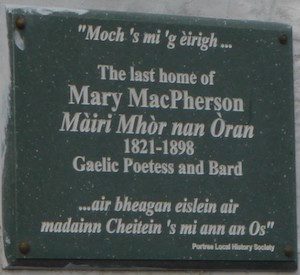
The 19th-century Gaelic poet & songwriter Màiri Nic a’ Phearsain (Mary MacPherson) – known as Màiri Mhòr nan Òran (Great Mary of the Songs) – was born #OTD, 10 March 1821. Much of her work was political & was especially focused on the struggle for land rights
1/3
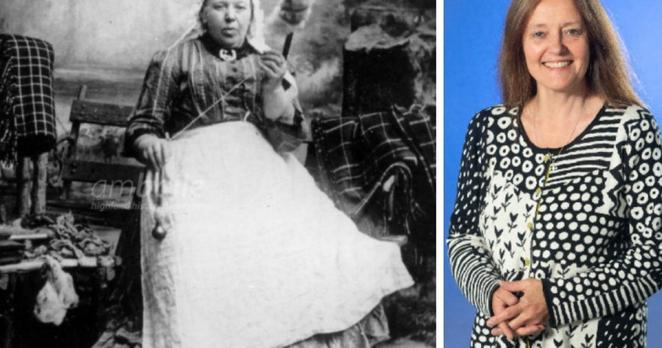
Dun Ban, an ancient fort in Loch Hornaraigh, Isle of Grimsay (between North Uist and Benbecula). #OuterHebrides A causeway can be seen to the front of the Dun, why this is permanently submerged is a bit of a mystery... #Hebrides
1/2
Sorley MacLean: The Poet as Historian
24 April, National Library of Scotland, Edinburgh – free
Sorley MacLean (Somhairle MacGill-eain, 1911–1996) is a giant of 20th-century Gaelic literature. Join Professor Hugh Cheape as he looks beyond MacLean’s poetry to his sources of inspiration in landscape & community, & to his inheritance of the traditions of the Hebrides.
https://www.eventbrite.co.uk/e/sorley-maclean-the-poet-as-historian-tickets-1257980265839
Taken this day, 2016, the Doric and the Hebrides pub at night https://www.flickr.com/photos/woolamaloo_gazette/24654555083/
Old Town, #Edinburgh #Edimbourg #EdinburghByNight #NightPhotography #photography #photographie #Hebrides #TheDoric #Pub #Bar #UrbanNight
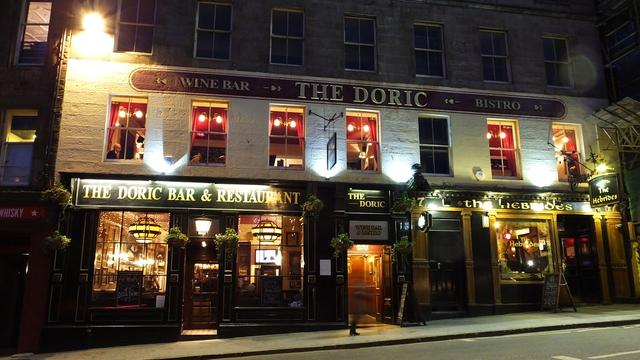
“An entire system of comharran – Gaelic navigational marks – surrounds the islands. Most are known only to the fishermen. […] A wealth of knowledge about the creatures which populate these fishing grounds is also encoded within the Gaelic language.”
—Alastair Cole: How Scottish Gaelic is helping protect Scotland’s seas
https://theconversation.com/how-scottish-gaelic-is-helping-protect-scotlands-seas-155660
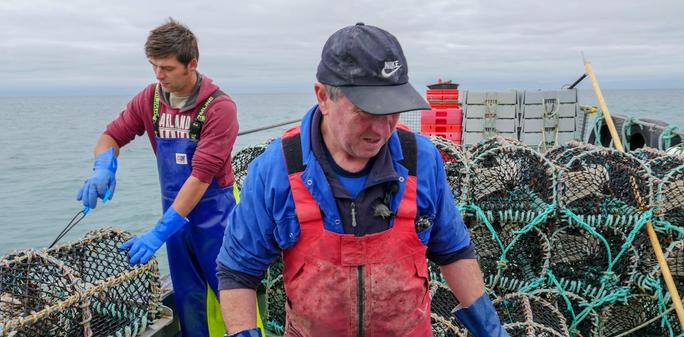
A quiet passing place on the Isle of Skye—where time slows, and the land meets the sea in silence. A weathered home made barrow, a stack of drying peat, and an endless view of the Hebrides. Captured on Leica M3 in 1994 bringing the timeless beauty of film to life.
#IsleOfSkye #ScotlandViews #PassingPlace #LeicaM3 #FilmPhotography #35mmFilm #AnalogPhotography #Hebrides #TimelessScotland #HighlandBeauty #RusticCharm #PeatStack #TraditionalScotland #SlowTravel #ScenicViews #RoadsideStories
.
Île de Skye, Écosse, juillet 2024
Canon EOS 550d | EF24-70mm f/4L IS USM
.
#scotland #skye #isleofskye #alba #sgitheanach #hebrides #highlands #sheep #animals #canoneos550d #eos #canon #travel #photography
Cinema Sgìre
26 Feb, National Library of Scotland at Kelvinhall, Glasgow – free
In 2023 a collection of over 100 videotapes produced by communities in the Outer Hebrides was digitised by the National Library of Scotland. The collection gives an intimate insight into traditional ways of life in the islands in the late 1970s. See island stories on the big screen & hear insights from the project director, Mike Russell, followed by a Q&A.
https://www.eventbrite.co.uk/e/cinema-sgire-tickets-1096011202009
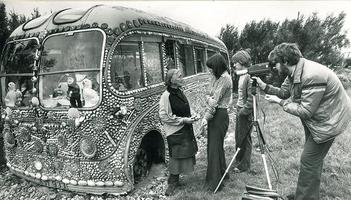
#FolkloreThursday: In #Scotland, people did not speak the name of a newborn child until it had been baptized and thus, presumably, protected from #fairy kidnapping. The tradition of giving nicknames or pet names to people similarly arises from the belief that, if fairy people knew the real name of a loved person, that person would be in danger of being stolen away.
In the #Hebrides, a long-lasting tradition called for children to be sprinkled with drops of water immediately upon birth, at which time a temporary name was granted the newborn.
Source: P. Monaghan `Encyclopedia of #Celtic #Mythology and #Folklore`
https://todon.eu/@NeuKelte/111699263834405366
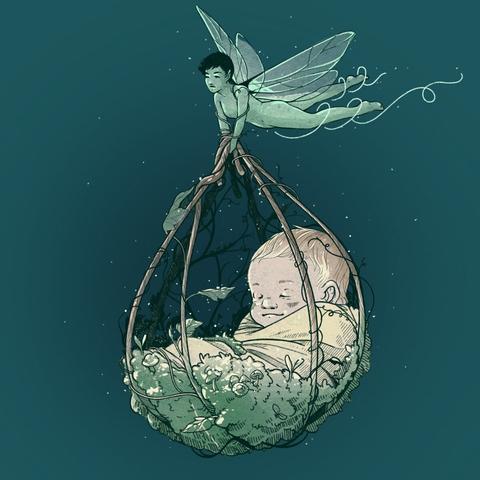
#FolkloreThursday: In #Scotland, people did not speak the name of a newborn child until it had been baptized and thus, presumably, protected from #fairy kidnapping. The tradition of giving nicknames or pet names to people similarly arises from the belief that, if fairy people knew the real name of a loved person, that person would be in danger of being stolen away.
In the #Hebrides, a long-lasting tradition called for children to be sprinkled with drops of water immediately upon birth, at which time a temporary name was granted the newborn.
Source: P. Monaghan `Encyclopedia of #Celtic #Mythology and #Folklore`
https://todon.eu/@NeuKelte/111699263834405366



